
Olga and Ruth become friends. Olga is independent, separated from her husband, living with an immigrant pianist, and teaching feminist literature. Ruth is withdrawn, a painter, possibly mentally ill. Ruth dreams in black and white, sometimes of her suicide. Olga lectures on a 19th-century writer, von Günderrode, a suicide after the breakup of her intense friendship with Bettina Brentano. Ruth's husband Franz encourages the women's friendship, then, as Olga draws Ruth out and the friendship deepens, he becomes jealous. After the women travel to Egypt, Franz has a tirade. Ruth seems crushed between her husband and her friend, and how she responds is the film's climax.

Leila
Nik, a released prisoner who started writing in prison, wants to leave his past behind him, but refuses to contact his former girlfriend and her family. Under the name of his jail buddy Henry, he moves in with his pen pal - who has never seen him - and is always watched suspiciously by their roommate. Nik began writing in prison and now seeks contact with the literary culture, even though he feels disgusted by the pompous fuss of this society. He is not without talent and works on a novel in which he minutely describes the abduction of an industrialist. Henry gets shot at the prison breakout and visits Nik to get help from him. He likes his novel plot and wants to put it into action.

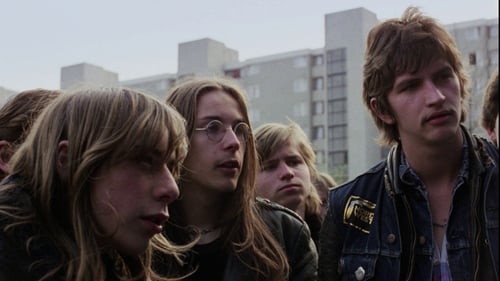
Schwester Angelika
Uma noite, procurando sua ex-esposa, Hoffmann vai ao centro de jovens onde ela trabalha. A polícia está cercando os radicais que frequentam o centro. Hoffmann corre para dentro do prédio e acaba sendo baleado na cabeça. Ele acorda com traumatismo cerebral, parcialmente paralisado e incapaz de falar. A polícia o acusou de esfaquear um oficial; os radicais afirmam que é uma vítima inocente da brutalidade policial. Durante sua lenta recuperação no hospital, Hoffmann deve juntar os pedaços de sua vida e lutar para relembrar os acontecimentos daquela noite. (e 16 - Estimado 16 Anos)

In this movie, director Volker Koch wants to reveal "petty-bourgeois fixations of consciousness and late capitalist myths of happiness". The protagonists: an American hustler, a drama student, a Munich waitress and her boyfriend who hope for money, a career and luck from a trip to Rome together.

Collage of dramatic scenes, some exaggerated to comic effect, with asynchronous sound from well known classic, operatic, and rock and roll music – with different approaches to love, suffering, and death.

Frieda
German filmmaker Rainer Werner Fassbinder directs the made-for-TV melodrama Pioneers in Ingolstadt, based on the play by Marieluise Fleisser. The film opens as a parade of soldiers are marching through a town square singing patriotic songs. Alma (Irm Hermann) and Berta (Hanna Schygulla) are watching them and musing about their ideas on men and relationships. The soldiers (often referred to as pioneers) have been given the task of building a bridge in the town. Alma seems to understand that the soldiers only want her for short sexual encounters, so she's prepared to live her life accordingly. Meanwhile, romantic Berta falls in love with self-centered soldier Karl (Harry Baer), who all but tells her to get lost. The soldiers get drunk and beat up a random passerby. The women grow to hate Alma for her acceptance of life as a sex object. Naïve Berta is ultimately humiliated.
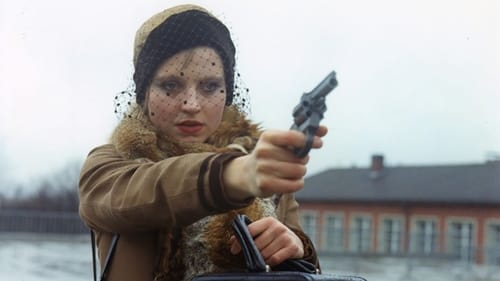
Michel and Guenther, working in dead-end jobs, are obsessed with going to Peru to find buried treasure, using a map of the Rio das Mortes. Michel's girlfriend, Hanna, humors their plan, but really just wants to get married.

This surrealistic experimental film finds the son of a young nobleman staying with hash-smoking hippies in a seamy section of Munich. He falls for a hippie girl who is involved in shaking down the young man's parents for money. She falls in love with the young man but the group continues to extract money from the parents in return for their wayward son. When he discovers the shakedown, his rage leads to tragedy for the star-crossed lovers.
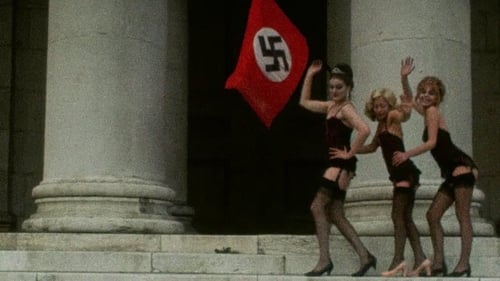
Carla
Schroeter’s film is a chronicle of Germany from the Nazi era until the economic boom of the 1950s and 1960s, centering on three women who search for a career as singers and dancers.
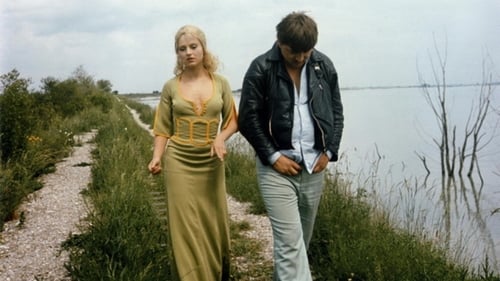
Pode um pequeno grupo de pessoas iniciar uma revolução proletária, pergunta o "Monge Negro" numa jaqueta de couro. O pastor medieval, Hans Boehm, afirma ter sido chamado pela Virgem Maria para criar uma revolta contra a Igreja e os latifundiários. O "Monge Negro" sugere que ele teria mais sucesso se vestisse Johanna e mandasse aparecer como a Virgem Maria.

Agent Laura
Documentary drama about the Swiss journalist Otto Pünter, who maintained an anti-fascist information office in the 1930s and 1940s.
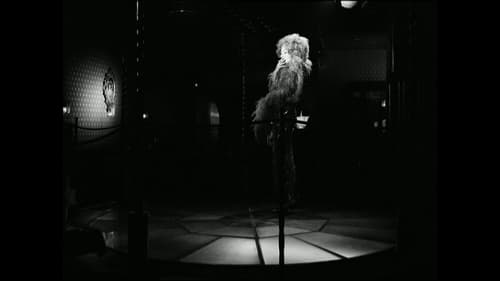
Carla
A man is released from prison and finds the society on the outside less than appealing. With several women as well as the police on his tail, he sets out to find an old friend.
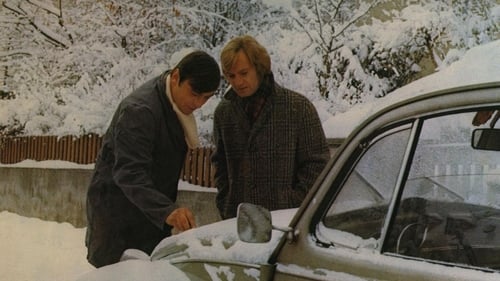
Schallplattenverkäuferin (as Carla Aulaulu)
Sr. Raab, designer industrial e pai de família, leva uma vida pacífica e confortável. Pode levar algum tempo até que ele seja promovido, principalmente depois de fazer um brinde embriagado em um jantar entre colegas. Mas por que deu a louca no Sr. R.?
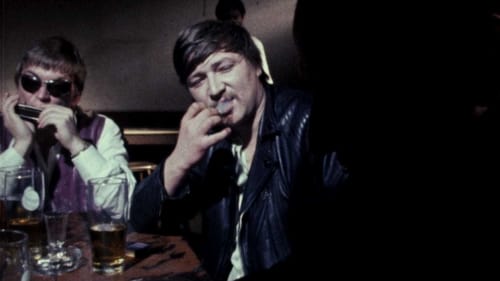
Junges Weib
Volker Schlöndorff transposes Bertolt Brecht’s late-expressionist work to latter-day 1969. Poet and anarchist Baal lives in an attic and reads his poems to cab drivers. At first feted and later rejected by bourgeois society, Baal roams through forests and along motorways, greedy for schnapps, cigarettes, women and men: ‘You have to let out the beast, let him out into the sunlight.’ After impregnating a young actress he soon comes to regard her as a millstone round his neck. He stabs a friend to death and dies alone. ‘You are useless, mangy and wild, you beast, you crawl through the lowest boughs of the tree.’

Feminist short film set in West Berlin.

Short film about queer left-wing people in West Berlin.

Werner Schroeter's stunning split-screen short deals with what the director called "archaic, fundamental themes" of love and mourning.

In a dark and spare theatrical space, four characters use gesture, language, and movement to explore themes of desire and mortality.

Carla is a different form of homage, in which Carla Aulaulu sings a song by Gitta Linds.

Directional debut by Germany's most famous queer filmmaker.














